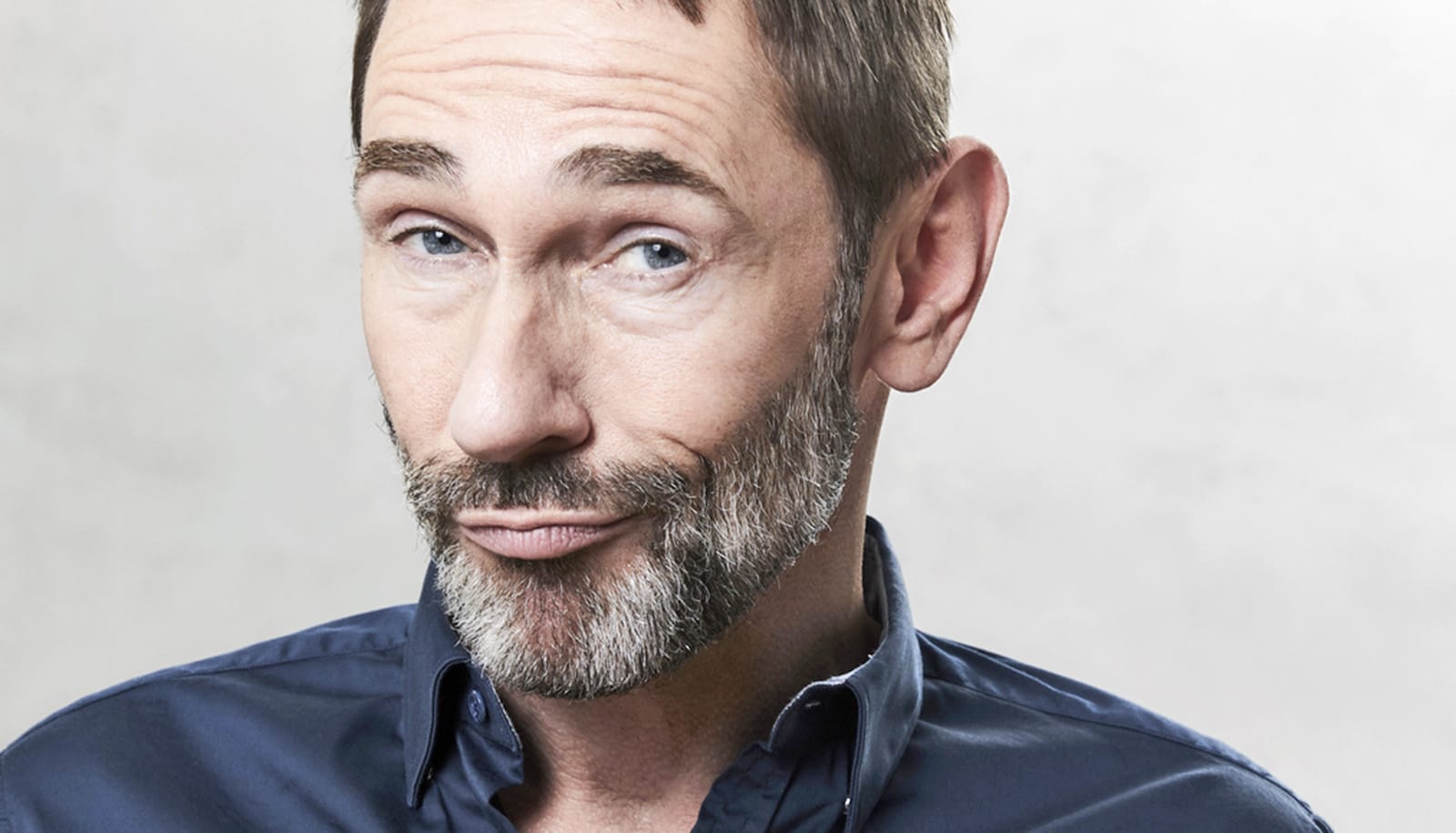People who dispute scientific consensus on topics such as vaccine efficacy, climate change, or the Big Bang tend to overestimate their own knowledge of these subjects, a new study finds.
The study surveyed thousands of Americans online, quizzing them on scientific facts and soliciting their opinions on eight contested topics, including the COVID-19 vaccine.
The researchers found that respondents who answered more factual questions correctly were more likely to agree with the scientific consensus about each topic. On the other hand, those who answered many factual questions incorrectly but thought they understood certain topics well were more likely to disagree with the scientific consensus.
For example, many who said in July 2020 that they would “definitely not get the vaccine” incorrectly answered questions about how viruses spread and how vaccines work, but then said they thought they had a “thorough understanding” of how a COVID-19 vaccine would work.
The research appears in the journal Science Advances.
What’s ‘true’ anymore?
Steven Sloman, a coauthor of the study and a professor of cognitive, linguistic, and psychological sciences at Brown University, says the findings demonstrate that whether or not people agree with scientists doesn’t just depend on how well they understand the science—it also depends on how well they perceive their own understanding. The research also shows the extent to which alternative facts have taken hold in many communities.
“It is a sad fact that our society has returned to an era in which many people’s sense of what’s true is governed more by the beliefs of the people around them than by the hard work of scientists using evidence to test their hypotheses,” Sloman says.
Nick Light, the study’s lead author and an assistant professor of marketing at Portland State University, says the study reveals why fact-based educational interventions have had only limited success in convincing people to, say, get vaccinated or reduce their individual carbon footprints.
“For many years, smart people thought that the way to bring people more in line with scientific consensus was to teach them the knowledge they lacked,” Light says. “Unfortunately, our research suggests that there may be a problem of overconfidence getting in the way of learning… If people think they know a lot, they have minimal motivation to learn more.”
Overconfidence and ignorance
Light says that people who disagree with the majority of scientists on controversial topics might first need to understand all they don’t know about these topics before they’re likely to become receptive to educational interventions that could improve their financial well-being, personal health, and more. But that’s easier said than done, he says: After all, no one likes to be told they’re ignorant.
Light, Sloman, and their coauthors offered two possible avenues for helping people understand the complexity of scientific topics and convincing them to trust experts. One is to encourage them to try to explain the mechanisms underlying complex scientific phenomena such as vaccines and climate change, since attempts to do so often reveal gaps in a person’s knowledge.
Another is to compare complex scientific topics with topics they understand well, such as those related to their jobs or hobbies; doing so, the authors wrote, could help illustrate how much time and knowledge is required to master a topic, bolstering people’s confidence in experts who have spent years or decades working in a particular scientific field.
Harnessing the powerful influence of community leaders such as mayors and church leaders could also help, Light says. If respected members of the community model a certain behavior, he explains, their fellow community members may be more likely to do the same.
“People tend to do what their community expects them to do,” Light says. So, if anti-science stances are putting people’s lives at risk, “it is incumbent on society to try to change minds in favor of the scientific consensus.”
The study had funding from the Humility and Conviction in Public Life, a project of the University of Connecticut sponsored by the John Templeton Foundation. The scholars also received funding for data collection from the Center for Excellence in Health Communication to Underserved Populations at the University of Kansas School of Journalism and Mass Communications.
Source: Brown University



